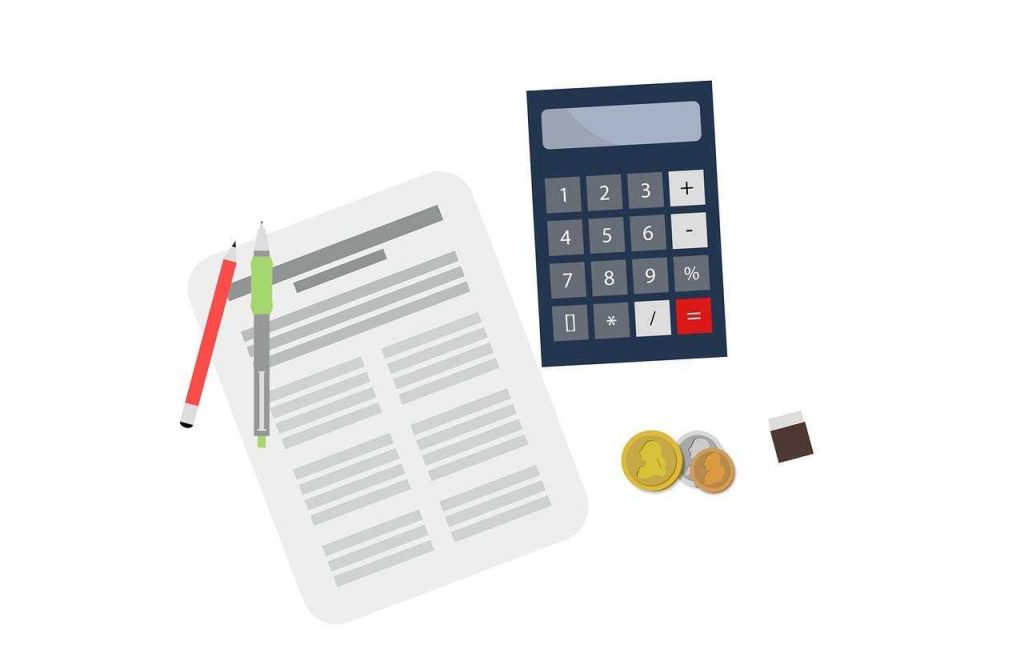Managing finances as an unmarried couple can be both exciting and challenging. Unlike married couples, unmarried couples often don’t have the legal and financial protections that come with marriage.
Therefore, it becomes essential to have clear communication and set financial goals to ensure both partners feel secure and aligned.
Here are 17 smart budgeting tips for unmarried couples that can help strengthen financial stability while enhancing trust and transparency.
1. Open Up About Financial Backgrounds

One of the first steps in any financial journey is open communication. Both partners should share their financial history, including income, debt, savings, spending habits, and financial goals. By doing so, you’ll avoid surprises and misunderstandings down the road. Be honest about any student loans, credit card debt, or financial mistakes you’ve made. Understanding each other’s financial situation lays a solid foundation for a healthy relationship.
Why It’s Important:
Transparency in finances fosters trust. Unmarried couples often don’t have the same legal recourse as married ones if financial disagreements arise, so it’s crucial to be upfront about your financial situation from the start.
2. Create a Joint Budget
Once you’ve discussed your financial backgrounds, it’s time to create a joint budget. This should include both individual and shared expenses. Some couples find it helpful to split costs 50-50, while others may prefer to divide them based on income percentages. The goal is to find a system that works best for both partners, ensuring that neither feels burdened or left out.
Tip:
Use a budgeting app or spreadsheet to track expenses, making sure both partners have access to it. This can help in creating accountability and maintaining transparency.
3. Discuss Financial Priorities
Every individual has different financial priorities, whether it’s saving for a house, paying off debt, or planning for vacations. Have a candid conversation about your short-term and long-term financial goals. Do you both prioritize the same things? If not, how will you compromise? Understanding these priorities will guide your budget and ensure both partners are working toward shared objectives.
4. Set Up Separate and Joint Accounts
Many unmarried couples find that maintaining separate accounts for personal expenses and a joint account for shared expenses works best. This method ensures that each partner maintains financial independence while contributing fairly to shared responsibilities like rent, utilities, and groceries.
Why It Works:
A joint account helps streamline shared expenses, while individual accounts offer autonomy, making it easier to manage personal spending without constant oversight from your partner.
5. Establish a Fair Expense-Splitting System
Determine how to split expenses fairly based on your respective incomes. If one partner earns significantly more than the other, it may not be equitable to split expenses 50-50. Instead, consider splitting costs based on each person’s income to maintain balance. For example, if one partner earns 60% of the combined income, they may cover 60% of the joint expenses.
Why It’s Important:
This system ensures that both partners contribute fairly based on their earning power, preventing feelings of resentment or financial strain on one partner.
6. Plan for Emergencies

An emergency fund is a must-have for any couple, married or unmarried. It’s important to have savings set aside for unexpected expenses such as medical emergencies, car repairs, or sudden job loss. Typically, financial experts recommend saving at least three to six months of living expenses. Both partners should contribute to this fund, even if the amounts differ.
Tip:
Consider setting up automatic transfers to your emergency fund each month to ensure consistent contributions.
7. Have Regular Money Talks
Communication is key to any healthy relationship, especially when it comes to finances. Set aside time each month to review your joint budget, track your spending, and discuss any concerns or changes in your financial situation. By making this a routine, you’ll avoid potential misunderstandings and stay aligned on your financial goals.
Why It’s Effective:
Regular check-ins can help prevent small financial disagreements from escalating into larger issues. It also keeps both partners accountable to the financial goals you’ve set.
8. Contribute to Retirement Savings
Even though you’re unmarried, it’s essential to think about the future. Make sure both partners are contributing to their retirement accounts, whether it’s through employer-sponsored plans like a 401(k) or individual retirement accounts (IRAs). Even if one partner isn’t earning as much, consistent retirement savings can ensure financial security for both partners down the line.
9. Track Personal Spending
It’s easy to let personal expenses get out of hand, especially if you’re not regularly tracking them. Use budgeting apps or spreadsheets to keep an eye on individual spending. This way, you can maintain financial autonomy while ensuring that personal expenses don’t interfere with your joint financial goals.
Why It’s Important:
Tracking spending helps you identify unnecessary expenses and keeps you on track with your savings goals. It also prevents personal spending from spilling over into joint expenses.
10. Create a Debt Repayment Plan
If one or both partners have debt, whether from student loans, credit cards, or other sources, it’s crucial to have a plan for repayment. Discuss how you’ll handle debt as a couple—will one partner help the other pay off debt, or will you focus on individual debts separately? Having a plan can reduce financial stress and ensure you’re both on the same page.
11. Agree on Big Purchases
Before making any major purchases, like a new car or a vacation, both partners should agree on the decision. Set a financial threshold for what constitutes a “big purchase,” and make sure you both feel comfortable with the spending.
Why It Works:
This prevents one partner from making significant financial decisions without the other’s input, fostering mutual respect and avoiding potential conflict.
12. Build a Financial Cushion for Fun
While budgeting for necessities is crucial, don’t forget to allocate money for fun and leisure activities. Whether it’s dining out, traveling, or hobbies, set aside a portion of your budget for shared enjoyment. This ensures that you’re not always focused on bills and savings but also making room for experiences that bring joy to your relationship.
Tip:
Use a “fun fund” for these activities to prevent overspending while still making room for enjoyment.
13. Protect Each Other Legally
Since unmarried couples don’t have the same legal protections as married couples, it’s essential to protect yourselves financially. Consider drafting a cohabitation agreement that outlines financial responsibilities and what happens to shared assets if the relationship ends. This is particularly important if you’re purchasing large assets like a house together.
Why It’s Important:
A legal agreement can save both partners from financial hardship in the event of a breakup. It ensures that each person is fairly compensated for their contributions and protects shared assets.
14. Use Credit Cards Wisely

Credit cards can be useful for building credit and earning rewards, but they can also lead to debt if not managed carefully. If you share a credit card, set spending limits to prevent overspending. If you have separate cards, make sure you’re each paying off the balance in full each month to avoid high-interest charges.
15. Plan for Long-Term Goals Together
Are you planning to buy a home together? Start a business? Discuss your long-term financial goals and make a plan to save for them. This might involve setting up a joint savings account for specific goals or adjusting your budget to prioritize long-term savings.
Tip:
Having clear financial milestones, such as a target amount for a house down payment, can help keep both partners motivated and focused.
16. Prepare for Life Changes
Life is unpredictable, and your financial situation can change. Whether it’s a job change, health issue, or unexpected windfall, it’s essential to adapt your budget accordingly. Flexibility in budgeting allows you to navigate life’s uncertainties with less stress.
17. Celebrate Financial Wins
Lastly, don’t forget to celebrate your financial successes! Whether it’s paying off a loan, sticking to your budget, or hitting a savings milestone, acknowledge these achievements together. It reinforces positive financial behavior and keeps both partners motivated for future financial goals.
Conclusion
Budgeting as an unmarried couple can seem complicated, but with open communication, mutual respect, and a solid plan, it can lead to a more secure and fulfilling relationship. By following these 17 tips, you’ll be well on your way to building a financially stable future together. Remember, the key is to continuously evaluate and adjust your budget as life changes while keeping your financial priorities aligned.

